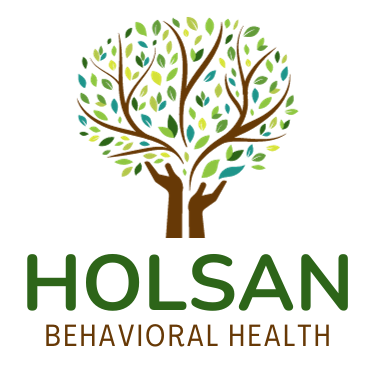February is International Boost Self-Esteem Month, a timely reminder of the crucial role self-worth plays in mental wellness. Low self-esteem can be a significant risk factor for mental health conditions like clinical depression, making this an ideal opportunity to focus on fostering a positive self-image.
Why Self-Esteem Matters
Self-esteem influences how we view ourselves, navigate challenges, and build resilience. When self-esteem is low, it can contribute to negative thought patterns, increased stress, and feelings of hopelessness. On the other hand, a healthy self-esteem can act as a protective barrier against anxiety and depression, encouraging healthier relationships and a more fulfilling life.
Signs of Low Self-Esteem
Recognizing the signs of low self-esteem can be the first step toward improvement. These may include:
- Constant self-criticism or self-doubt
- Difficulty accepting compliments
- Fear of failure or perfectionism
- Social withdrawal or avoidance of challenges
- Persistent feelings of inadequacy or guilt
How to Boost Self-Esteem and Prevent Depression
If you’ve been struggling with self-esteem, taking proactive steps can help safeguard your mental health. Here are some effective strategies:
1. Challenge Negative Thoughts
Pay attention to your inner dialogue. Replace self-critical thoughts with positive affirmations and realistic self-appraisals. Cognitive Behavioral Therapy (CBT) techniques, like cognitive restructuring, can be particularly helpful. Learn more about CBT here.
2. Set Small, Achievable Goals
Breaking large tasks into smaller, manageable goals helps build confidence and a sense of accomplishment. Celebrate your progress along the way.
3. Surround Yourself with Positive Influences
The people around us significantly impact our self-perception. Build relationships with supportive individuals who uplift and encourage you.
4. Prioritize Self-Care
Taking care of your physical and emotional needs reinforces self-worth. This includes regular exercise, balanced nutrition, adequate sleep, and engaging in activities that bring joy and fulfillment.
5. Seek Professional Help When Needed
If persistent feelings of low self-esteem are affecting your mental health, therapy can provide valuable tools to shift perspectives and improve well-being. Speaking to a mental health professional can help uncover deeper issues contributing to self-esteem struggles.
Final Thoughts
Self-esteem is a vital component of mental health, and making small, intentional changes can significantly impact overall well-being. This February, take the time to nurture self-compassion, challenge negative thoughts, and seek the support you need.
If you’re struggling with self-esteem or signs of depression, our team at Holsan Behavioral Health is here to help. Schedule an appointment today and take the first step toward a healthier, more confident you.

